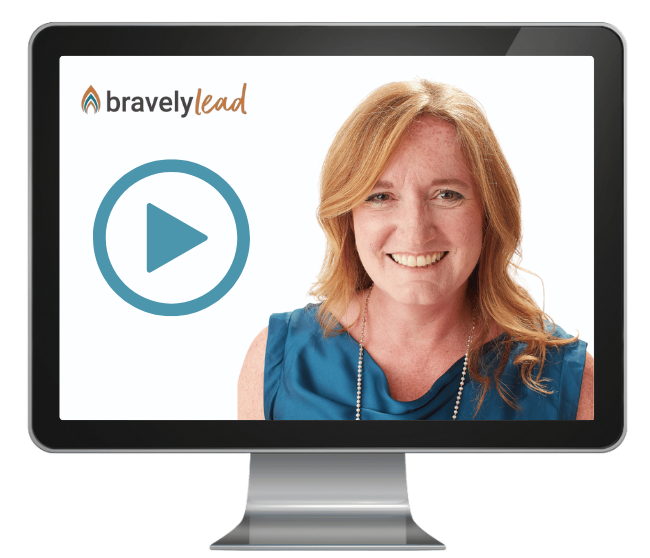Let's talk....about anything.
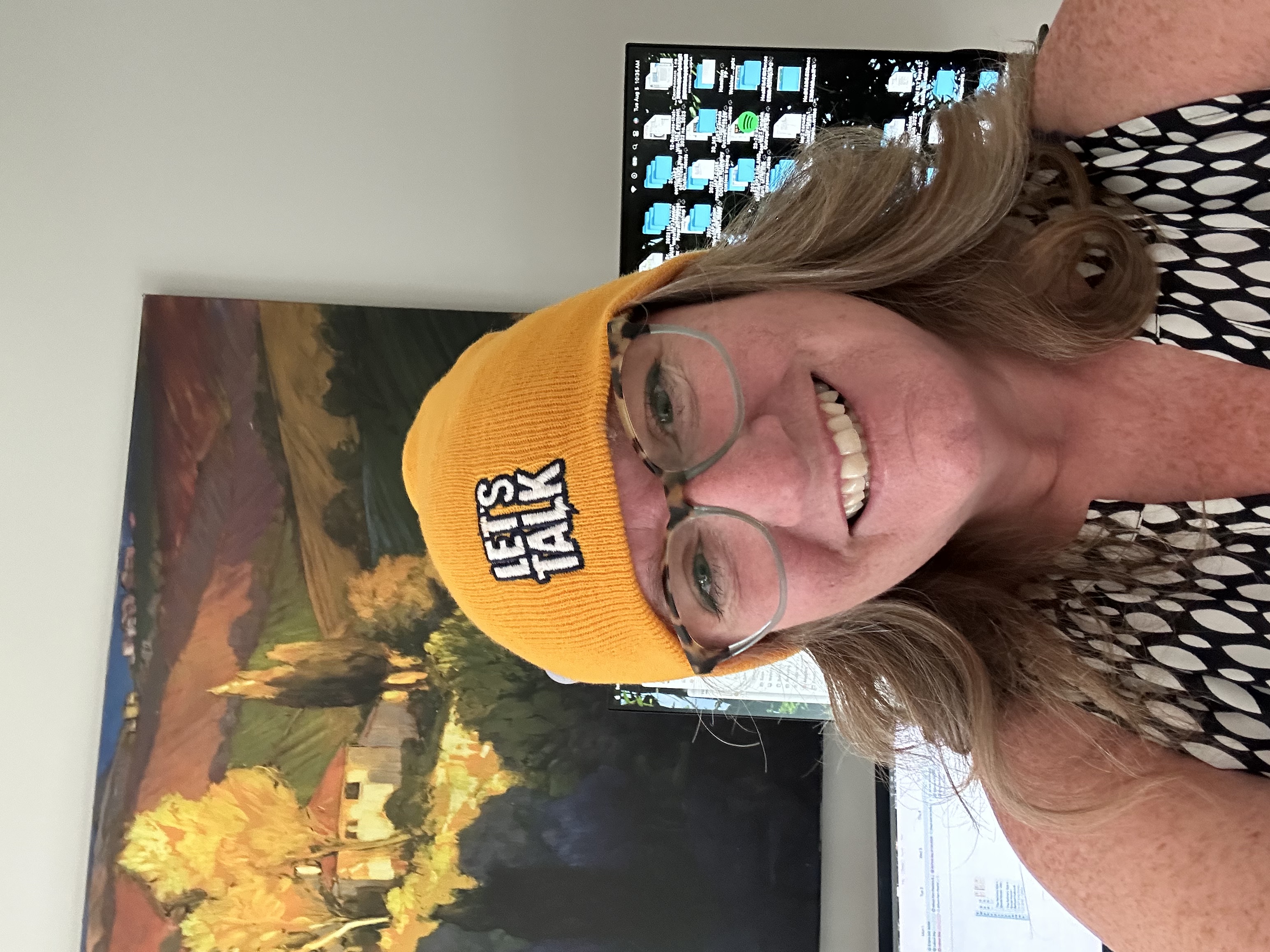
I found this hat in a box in my office when I was packing for a recent move. We had them made for a project years ago, and seeing it again with "Let's talk" on it made me laugh out loud. The hat got me thinking about how we approach conversations, what we talk about, why we choose to dive deep and why we choose to avoid, and what happens when we do talk together.
In a world of polarization, divide and misinformation conversations have become fraught with tension, even in situations where everyone would seem relaxed and easy going. My husband and I were on vacation last week - Note that I didn't take the "let's talk" hat with me :), taking some time to reconnect, snorkel, swim, read books and sit on the beach. After a very busy year, it was a much needed opportunity to recover and reflect on some big life events.
We were feeling pretty calm and peaceful a few days in when we found ourselves sitting at a dinner table across from a US couple from rural Missouri. After we did the usual locating each other geographically, the male partner said, "So tell me about your socialist medical system up in Canada..."
Caught off guard I laughed out loud. In case you aren't from Canada, no one here talks about our health care system as "socialist medicine". That is a right wing media message he was repeating and I realize now how quickly this conversation could have gone very wrong.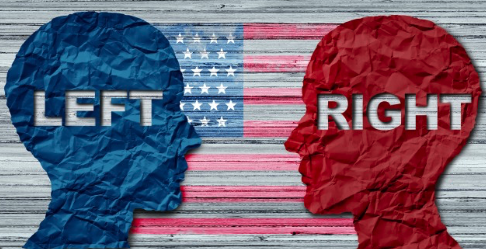
I will be honest that I was tempted to explain to him what socialism is and is not, and expand on all the benefits of a society that values collective needs over individual entitlements, but I took a deep breath and chose curiosity over judgement, connection over being right, learning over certainty. I resisted the strong urge to lecture, be right and righteous.
We ended up having a wide ranging, interesting conversation where I learned some significant things about this couple, because I asked a lot of questions, and they were kind enough to answer them all openly and generously. I also answered their questions in the same way.
For example, I learned:
- They feel the USA is going in a better direction the last 10 months than it has been over the last 5 years. They couldn't point to anything specific, and emphasized that it is a feeling that they have. I recognize there are lots of people who feel the opposite, but they weren't at my dinner table that night.
- They feel seen and heard and like they matter in US politics right now, in ways they haven't in years. They said they feel like someone cares about their "conservative values" now, and that in the past they felt no one cared about them. I recognize there are many who feel unseen and unheard right now, but they too weren't at my table.
- They feel the world is changing too fast and that hard work and family don't matter as much as they used to. I don't feel this way, but that doesn't negate that they do.
- The husband thinks Trump is a great President, and the USA has been "too nice and kind to other countries for too long, and it is time to be strong with them". As a Canadian under threat of becoming the 51st state, this statement was hard to process, but I can attest to how strongly this mattered to him.
- The wife thinks Trump is a good President, and "also an a&%hole" because he is sometimes rude and unpleasant, behaving like a bully. As a Canadian under threat of becoming the 51st state and so many other reasons I could relate to some of the wife's sentiments, and I appreciated the humour she brought to talking politics with strangers at the dinner table.
- They didn't have very many examples or specifics when I asked them about how things were better for them, or what specifically their values were, or how things are changing for the better. It was mostly a feeling.
- They repeated a lot of media messages about rights for transgender people, refugees and illegal immigrants, and unfair trading practices of other countries, but they didn't know anyone or have first hand experience with any of those things. Again, it reflected a feeling of what was wrong with the world in their eyes.
- They expressed a deep love for their small, rural community, pride in their jobs as a mechanic and a nurse, gratitude for family and neighbours, fear of what the future holds. They were honest and open about where they stood, and I appreciated this, even if I couldn't relate to a lot of it.
I'm so grateful for the conversation with them. I learned a lot, and by catching myself before I reacted, I had a chance to see the human beings at the table and get to learn about them as people. In some moments I did express an alternate view or experience to something they said, hopefully in a generous way. I don't agree with many of the feelings and views they expressed, but that really wasn't the point, and it really doesn't matter. Do you enter into a conversation to be right or to be in relationship? It is a good question to know the answer to, especially in these times, when even a casual dinner on vacation can become fraught with unexpected tension.
As I reflect on our conversation, I want to share some lessons I'm harvesting:
1. Misinformation and Disinformation influences all of our viewpoints
So much of what we think and feel and the ways we see the world are influenced by what we ingest in terms of social media and traditional media. These platforms deliver messages to us, then we repeat them and that becomes true to us, because they align with our feelings, validate our viewpoints, and/or come from sources we believe in and trust. That doesn't mean they are factually true, but we can get stuck in our conversation at this level, debating "truths" that aren't grounded in facts. Here are 4 examples of those messages that are NOT true, that came up in my conversation with this couple:
- School staff are taking children to receive gender re-assignment surgery without their parent's knowledge. Not true. Not happening. But you can feel the fear they expressed of your child changing, perhaps in ways that don't align with your own values, happening without your input and control. If we can get under the disinformation to WHY it matters, we can talk it through to unpack the real concerns. And when we do that, perhaps we can stop the disinformation.
- Canada is a socialist country (and socialism is bad). Not true. Socialism is a system where every member of the community has an equal share in the production and outcomes of the system. Canada is a capitalist parliamentary democracy and a constitutional monarchy with enormous inequities across society, and which also has a health care system paid for via income taxes, with a goal (not always achieved) of equitable access to health care. There are very few socialist countries in the world, and I'm not sure how socialism got equated as a bad thing.
- There is an epidemic of children with autism in the world, and finally someone is doing something about it. Not accurate and far too simplistic. There has been a large increase in diagnoses of children on the autism spectrum over the last number of years, primarily due to the broadened definition of Autism Spectrum Disorder, which means that more people are meeting this definition now than previously, as well as increased awareness with a number of successful public health programs that increased screening at wellness visits for children ages 18–24 months to look for signs of autism. Parents, caregivers, and community members are also more aware of the symptoms, and autism is being more accepted in the community. People are not as afraid to seek help and know where to go when they have concerns. (Source: John Hopkins Bloomberg School of Public Health, Also see National Library of Medicine.). This is a really good example of issue steeped in complexity, made simplistic via key message that polarizes and divides. We need the complexity in order to de-escalate the conflict.

- You are either with us or against us. Not true, but this tactic is being used in political campaigns, social media algorithms and communities with messaging designed to divide (and conquer). George Bush famously said in 2001 "Every nation, in every region, now has a decision to make. Either you are with us, or you are with the terrorists." That often become summarized as "with us or against us", with against us being enemies. Donald Trump recently stated at a memorial service for slain activist Charlie Kirk, “That’s where I disagreed with Charlie. I hate my opponent, and I don’t want the best for them.". This divide and conquer mentality can have the intended impact, to pull us apart, to create clear lines and opponents, and to escalate the conflict. Who benefits? Those disseminating the message. Who loses? Democracy and every one of us who chooses this path.
Maria Ressa is the 2021 Nobel Peace Prize Laureate (you can learn more about her work here). In a recent speech to the United Nations General Assembly, she stated “Without facts, you can’t have truth. Without truth, you can’t have trust.” It is reliant on each of us to take a stand for facts, and the truth, and to be willing to question ourselves, our beliefs and the messages we are ingesting to test them for facts, evidence and validity, rather than taking the easy path of comfort and feelings. In her research, she highlights the role of social media in disseminating untrue messages that enhance the divide, noting that “Regulating technology isn’t a free-speech issue. It’s public safety. Because online violence is real-world violence. and also stating that “Information integrity is the mother of all battles. Win this and we can win the rest. Lose this and we lose everything.”
2. Feelings are often way bigger motivators than facts, data or evidence
In times of polarization and divide, we look for certainty. It is basic human nature, when things are changing, fear and uncertainty are generated. Humans crave certainty and stability, and we naturally seek that out to create a sense of safety. After massive societal upheavals like a global pandemic, people everywhere have been traumatized by a sense of fear, risk and danger around unknown corners. So we look for certainty. But certainty is the opposite of curiosity. It feeds polarization and divide, and escalates conflict, actually increasing danger rather than enhancing safety. A 2021 study out of Brown University affirms this connection between certainty and polarization, where "an aversion to uncertainty only exacerbates how similarly two conservative brains or two liberal brains respond when consuming political content." This certainty connects to the [mis and dis] information we are ingesting, influencing our perspectives of others and increasing the divide. The study noted that those who are more intolerant of uncertainty are more likely to be polarized in their viewpoints, “If you are a politically polarized person, your brain syncs up with like-minded individuals in your party to perceive political information in the same way,”
Rhett McLaughlin is a former evangelical Christian who talks a lot about creating space for uncertainty. As Rhett notes, "Uncertainty doesn’t mean you lack convictions, it means you hold them with enough humility to keep listening. It means you can take insight from people who see the world differently, and sometimes especially from them.". In this video on Builders, he advocates for questioning the "truth" you hold, to create space for learning.
In times of conflict and heightened tension, we rely on our senses and feelings to guide us. However, we can quickly go wrong when we interpret our feelings as truth, and then seek out [mis and dis] information to validate those feelings.
Feelings are transient and short term. Emotion is a path to make meaning, but it isn't truth itself. When we feel something, we want to create a pause. Victor Frankl famously talked about the power of the pause between stimulus and response. That pause allows us to seek the meaning the feeling is pointing us towards. If you can train yourself to be curious about the feelings, you can dig deeper and find the truth, rather than reacting to the stimulus and digging in, further polarizing the situation.
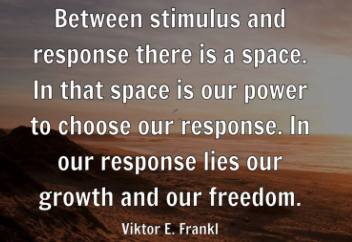
3. It takes time to build rapport and establish relationships
In a fast paced, reactive world, we interact in sound bits, likes and thumbs up. We have been programmed by social media for short attention spans and reactivity, sorting us into like minded groups. We've lost complexity and simplified things that should never be turned into key messages.
We need to slow everything down in order to change the outcome of conversations. We need time to build rapport, to create relationship, to deepen understanding and to begin to grow trust. Jumping right to the issues (like socialized medicine!) rather than learning about the human in front of you, can only escalate conflict. Advocate for the time it takes to deliberate, listen, consider and weigh the issues, together. This time is what democracy was built on.
4. People are people first, and humanity is the antidote to polarization
In the end, people are people. They care for each other, family and community. They want the best for the people they love, they experience fear and overwhelm when things change, and they want to be seen and belong. When we bring people together with time and intention we can stretch out the conversations in ways that uncover the real experiences, stories, values and hopes that make up the other people across the table from us. We don't need to agree with them, but we do need to see them as people in order to be in conversation with them.
5. Democracy is not a spectator sport, and we all need to engage with those who think differently than we do, again and again
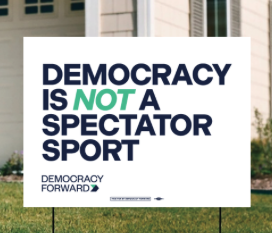
If you want to live in a less polarized, more collaborative, kinder world, you have to make it so. Every interaction, reaction, and comment influences the outcome of the space we live in together. You can't only do it once; it is a practice and way of being that informs all your interactions, with friends and strangers alike.
Engage intentionally with those who see the world differently than you do. In the words of Maria Ressa, “Please choose courage over comfort, facts over fiction, hope over fear… Act now before it’s too late.” It will take all of us to make a difference.


